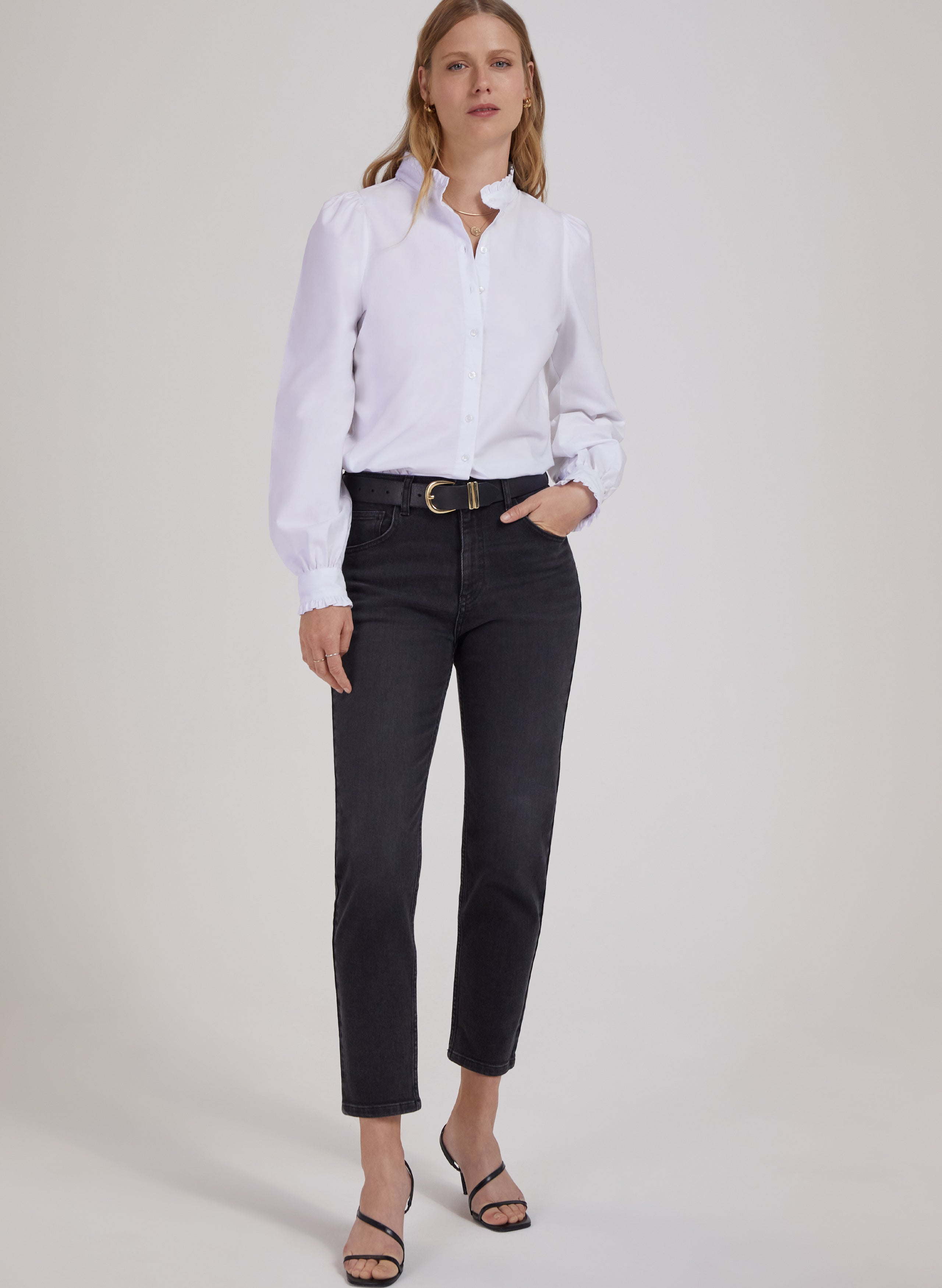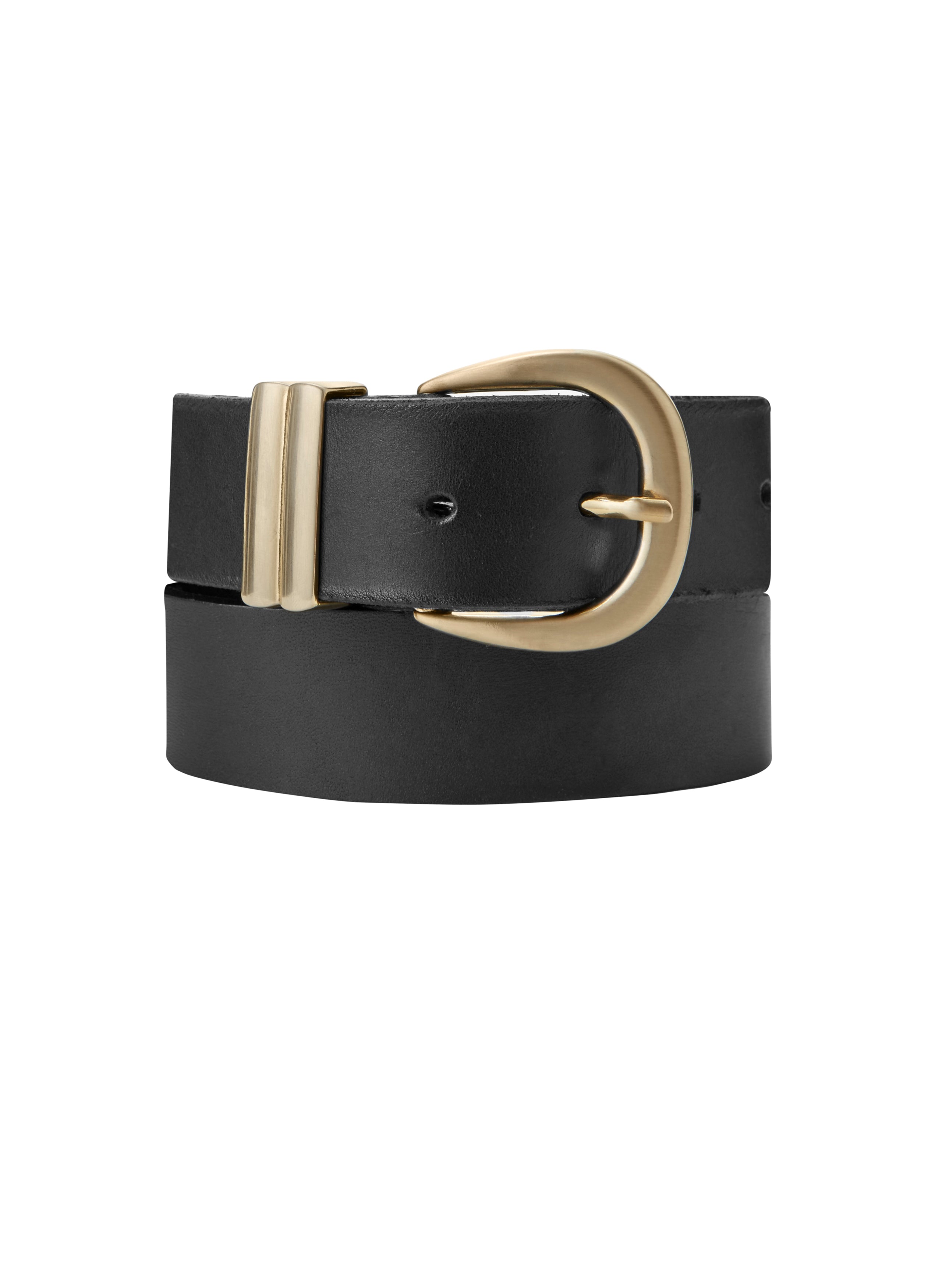Ryleigh Organic Cotton Shirt

Fits true to size, we suggest ordering your normal size.
"We think it’s without doubt one of the best-quality shirts we’ve found in a long time" – The Independent
Ryleigh packs a punch when it comes to both details and styling potential. Note its high frill neck, gathered shoulders and ruffled cuffs - feminine touches for a fresh twist on a wardrobe classic. It looks good with trousers anytime of year, and it’s also effective layered under knitwear as the collar and cuffs poke out. It’s crafted in organic cotton, of course.

Organic cotton of unknown origin

Fabric woven in Barcelona, Spain

Fabric dyed in Barcelona, Spain

Cut and sewn in Braga, Portugal
Model is 5'10 (178cm) and is wearing a UK 10

73%
What
We rate each product on its environmental and social impact. The higher the score (1 to 100), the more sustainable a product is for the planet and its people.
How
We measure our positive impact as accurately as possible by using secondary Lifecycle Analysis data combined with reports from our suppliers. This data is science-based and relies on independent databases, to ensure its reliability.
Read more here.
Baukjen Sustainability Impact

Global Warming
74.6%
Water Use
73.8%
Resource Depletion
63.9%
Eutrophication
76%
Use of Chemicals
79.1%
Traceability
85%


